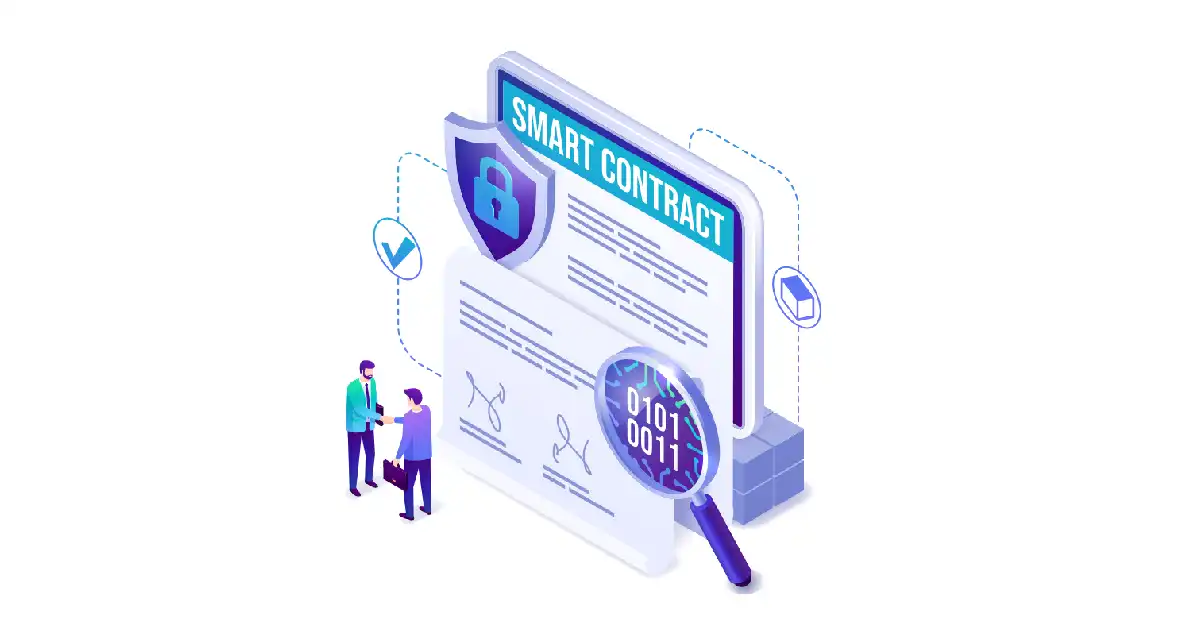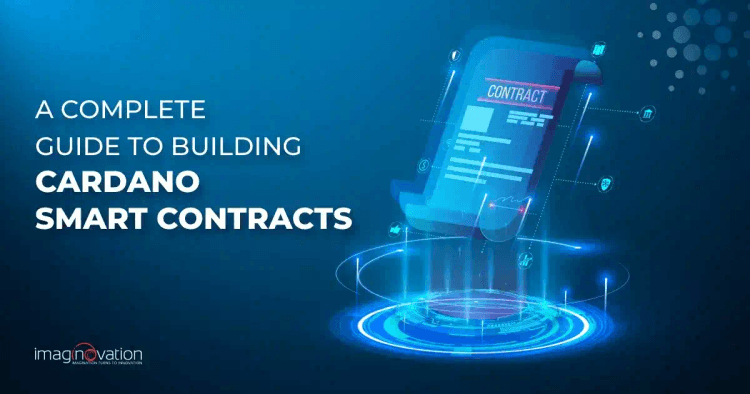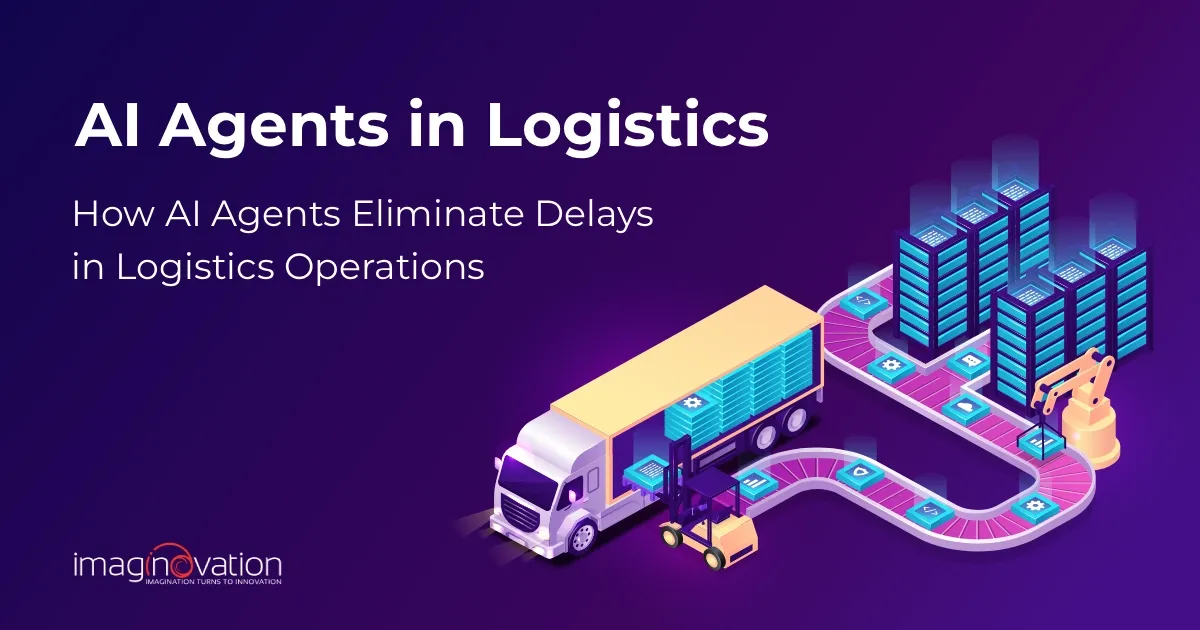To estimate the cost of building a website or an app, use our app cost calculator tool.
Cryptocurrencies are growing phenomenally—with over 20,268 in circulation currently, it’s an exciting time to explore the landscape.
C-level executives will be happy to check out Cardano Smart Contracts, which is making a name for itself in the competitive world of cryptocurrency.
It happens to be the seventh-largest-ranking cryptocurrency. (Source) And has a market capitalization of $17 billion with a circulation of 33,752,565,071 ADA.
Here’s the thing—if you wish to venture into building Cardano Smart Contracts, this blog is for you.
Let’s dive in and learn more.
What are Cardano Smart Contracts?
Many who have been in the Blockchain landscape have seen the transition from Blockchain 1.0 to Blockchain 2.0. We’re witnessing the shift to Blockchain 3.0, and Cardano is one of the most promising candidates to look out for.
The third generation of Blockchain has exciting features and overcomes drawbacks, such as scalability, privacy, sustainability, and governance issues.
Let’s look at Cardano. It is open source; it’s a decentralized public blockchain platform with a smart contract. Well, it is similar to Ethereum, but its proponents would say it is better. What’s more? The team supports DApps in an unparalleled manner.
The story of the founding of Cardano is insightful. Founded by Charles Hoskinson, who had a falling out with the Ethereum team—attributed to a dispute with co-founder Vitalik Buterin in 2014 over a clash of vision. Hoskinson wanted to make the Ethereum Blockchain commercial, whereas the latter had a different perspective.
The fallout resulted in the development of Cardano—a more interoperable, scalable, and sustainable blockchain intended to improve upon Bitcoin and Ethereum. Often touted as an Ethereum killer, it is supported strongly by the Cardano Foundation and the IOHK research institute.
Yet another exciting contrast is that Bitcoin and other trending cryptocurrencies are grounded on proof of work (PoW) consensus mechanisms. However, Cardano uses a proof of stake (PoS) consensus mechanism, making it a more sustainable and scalable blockchain.
Cardano’s consensus mechanism uses mathematical principles and a unique multilayer architecture, making it stand out in the next generation of cryptocurrency solutions. Since then, the cryptocurrency has jumped over 1,520% and has an incredible growth trajectory.
Cardano Smart Contracts–Key Highlights
Cardano smart contracts (aka ADA smart contracts) are quite similar to the Ethereum blockchain. Dubbed a rival to Ethereum, the Cardano smart contracts act as executable programs running on the Cardano blockchain.
Smart contracts are like digital agreements between two parties. The transactions (or the outputs) are the outcomes of execution when specific prerequisite conditions (or inputs) are met. Once the conditions are met, the transactions automatically execute. These outputs (or transactions) sit on the Cardano blockchain forever.
The Cardano smart contracts are developed using one of three languages: Plutus, Marlowe, or Glow.
Moreover, there are multiple benefits of the Cardano blockchain:
- The smart contract integration does not need middlemen to carry out or keep the contracts, expediting the process.
- The smart contracts lay on a decentralized network, and are free from tampering.
- The data stored on a decentralized network gets stored permanently, along with their backups.
- They provide unparalleled security and sustainability to decentralized applications, systems, and societies.
- It is created based on a research-driven and scientific philosophy; it is a more transparent and sustainable foundation for individuals to transact and exchange, systems to govern, and enterprises to grow.
- Its users can access the information whenever they want. They can enjoy data ownership and have complete control over their data, and can send it across the blockchain at any time.
Step-by-Step Guide to Creating Cardano Smart Contracts
Cardano uses eight distinct steps that need to be followed to create smart contracts. Let’s look at these eight steps

1. Pay
A payment agreement transfers a specific token value from the payee’s account to another account in the contract.
Here’s the thing—if the value is negative or if funds are not sufficient for full payment, warnings are produced automatically. Next, a partial payment is made (of all available funds). Furthermore, ‘an edit’ in the contract is made.
2. Close
The Close stage helps with how the Cardano smart contracts will be canceled (aka terminated).
Why would you need this stage?
It is for reimbursing owners of accounts with a positive balance through a single transaction. The action will depend on defining values, actions, and observations.
3. Values, Observations, and Actions
Let’s understand the term values—it refers to the numbers that vary over time. For example, the current slot number, the balance of some token in a specific account, and any previously made decisions; and can be referred to as volatile values. Plus, values can be mixed with addition, subtraction, negation, and conditional on an observation.
Next, let’s look at observations—they are Boolean values obtained through a value comparison. They may get merged using normal Boolean operators. Moreover, one can also examine if a choice has been taken or not for the Boolean values.
At each stage of the execution, these observations are of immense value. However, actions typically occur at specific times throughout the execution process. Some actions may include:
- depositing of funds
- selecting one of many options, such as an Oracle value (keep reading to learn about Oracles)
- Or indicates some external worth
4. Oracles
Cardano Oracles are designed to be used throughout the Cardano blockchain and are available to users on both Marlowe and Cardano ADA smart contracts.
They are designed as the decisions taken by a user with a special Oracle function, "Kraken."
5. If
When the conditional stands true, the If obs cont1 cont2 gets executed, and it will continue as cont1 or cont2 based on the Boolean value of the observation obs.
6. When
It is a contract that gets triggered by events that could happen at any point in time. The clauses in the contract describe what happens when specific actions take place.
How to ensure that the deal is completed?
The timeout contingency will remain in place as soon as the timeout, and the slot number, are met, ensuring that the deal is completed.
7. Let
The Let id Val Cont function lets the smart contracts on Cardano name a value within the identifier in a lease agreement. Values expressed in the expression are then evaluated and stored with the name ID, while the contract gets extended as the cont.
The approach helps developers use both abbreviations and capture data that are volatile in nature, which might alter over time in the development process.
8. Assert
At this stage, the property holds as the static analysis at every point in the smart contract and would fail if the execution results are in a false assertion.
Key takeaway:
Developers follow these eight stages in the Cardano smart contract development, which is the basis for execution.
Cardano is coming at par with its other smart contracts platform counterparts like Ethereum and is quickly standing out in the cryptocurrency landscape by market capitalization.
Next, let’s look at some compelling use cases.
Different Use Cases of Cardano Smart Contracts
1. Mortgage
A mortgage system built on Cardano smart contracts is great at self-executing financial transactions and enables faster debt processing. Plus, it can reveal faults in debt instruments quickly.
It can help streamline automation, making the real estate process easy for the buyers and owners, improving efficiency, and making the mortgage process more affordable.
For this, the Cardano smart contracts must be coded according to the mortgage agreements, which makes it easy to execute automatically.
2. Gaming

The gaming landscape has experienced a seismic shift with blockchain smart contracts. The advantage is now the players can join the eSports team without lengthy physical paperwork processes. Cardano has reshaped the architecture of gaming, making business models more equitable, transparent, and digitally persistent.
As Cardano evolves, it can deliver more customizable gaming solutions, increasing engagement, and generating more revenues. The Cardano smart contracts are built to hold information such as the time played for a team, the number of tournaments won, scores gained, and more. Plus, the payouts automatically would get generated when some conditions are met.
3. Supply Chain Tracking
Cardano’s smart contract capabilities are gaining rapid traction in the business ecosystems. In this context, New Balance, one of the world’s major sports footwear and apparel manufacturers, has contracted Cardano to use blockchain applications to track the authenticity of its footwear throughout its supply chain.
The consumer-level verification solution will allow buyers to confirm the authenticity of footwear on the distributed ledger.
4. Legal
Cardano smart contracts have multiple use cases in the legal industry, not limited to land registry, intellectual property rights, chain of custody, litigation, settlements and financial transactions, and more.
The legal contracts can be automatically executed through blockchain, which expedites the execution of the processes. Plus, the smart contacts assure a 100% security guarantee.
5. Verification of Creds and Identify
Cardano has developed three products—Atala Prism, Atala Scan, and Atala Trace. The products help to verify credentials and identity.
In this context, Atala Prism works as an identity management tool and provides access to specific services. Meanwhile, Atala Scan and Atala Trace help to trace a product’s journey through a supply chain.
With this use case, Cardano is also helping a university verify credentials more efficiently and cost-effectively than the current system.
6. Cross-Border Payments

Cardano-based smart contracts make international goods transfer and payment initiations easy through the use of LoC (Letter of Credit). It makes the liquidity of the financial assets better. Plus, it also improves the financial efficiency across multiple stakeholders.
7. More Use Cases of Cardano
- Makes medical records instantaneously retrievable by doctors
- Helps agricultural industries to inspect the whole supply line of a commodity
- Provides academic certificates that are immediately accessible and imperishable
- Helps environmental charities track the exact outcome of a donation
Wrapping Up
Cardano smart contracts are ushering in a new era with their promise of higher scalability and sustainability.
With a dedicated team working behind it to bring blockchain into the future—it is believed to hold a lot of promise. It is time you explore the Cardano smart contracts and enjoy the benefits of the next-level blockchain.
Build Cardano Smart Contracts With Imaginovation
Cardano Smart Contracts has a slew of opportunities, and you can carefully consider building sustainable solutions. If you want to develop robust blockchain solutions and don’t know where to start, talk to us.
We are an award-winning web and mobile app development company in Raleigh with incredible experience helping businesses curate thriving digital solutions.
Let's Talk.











